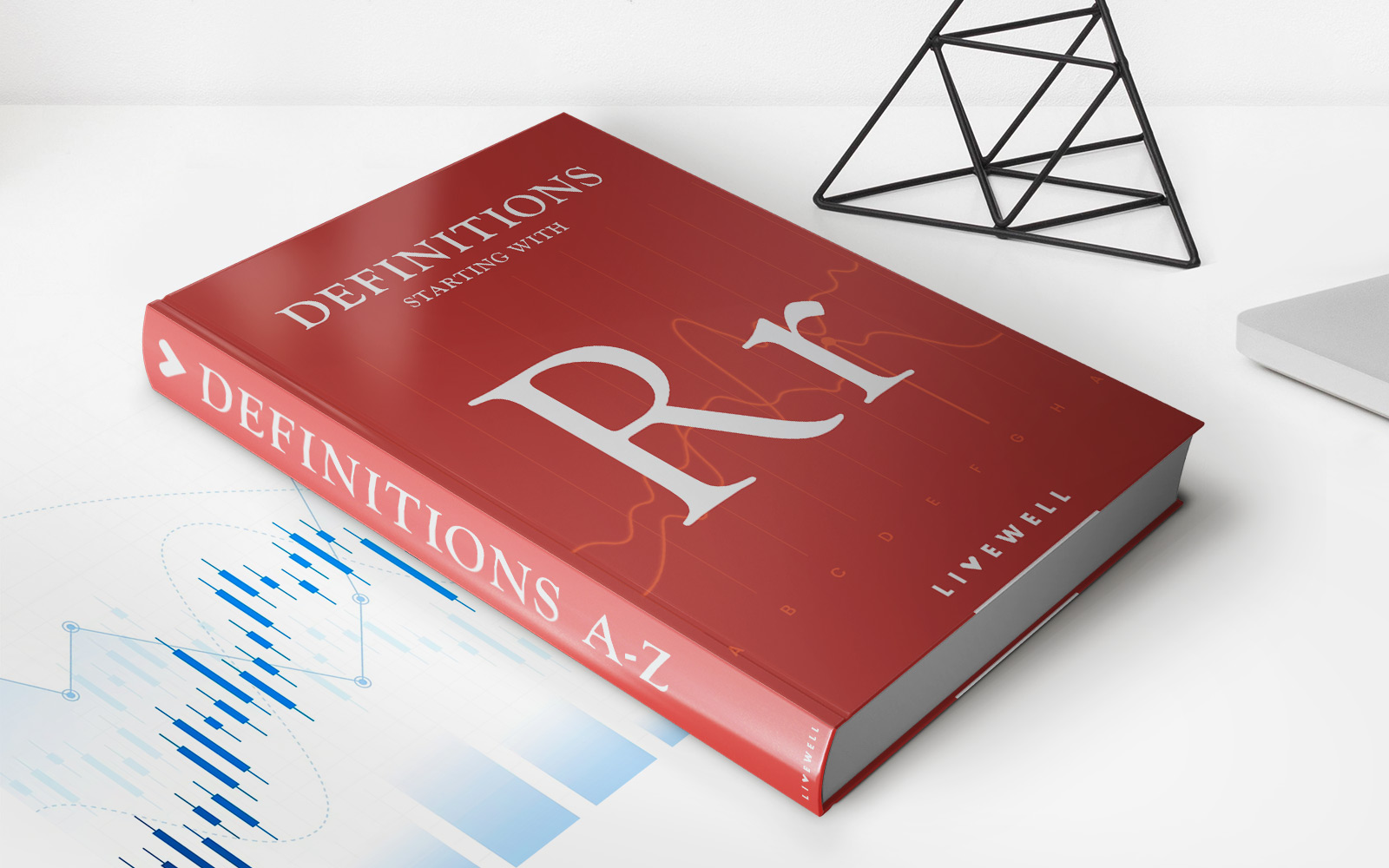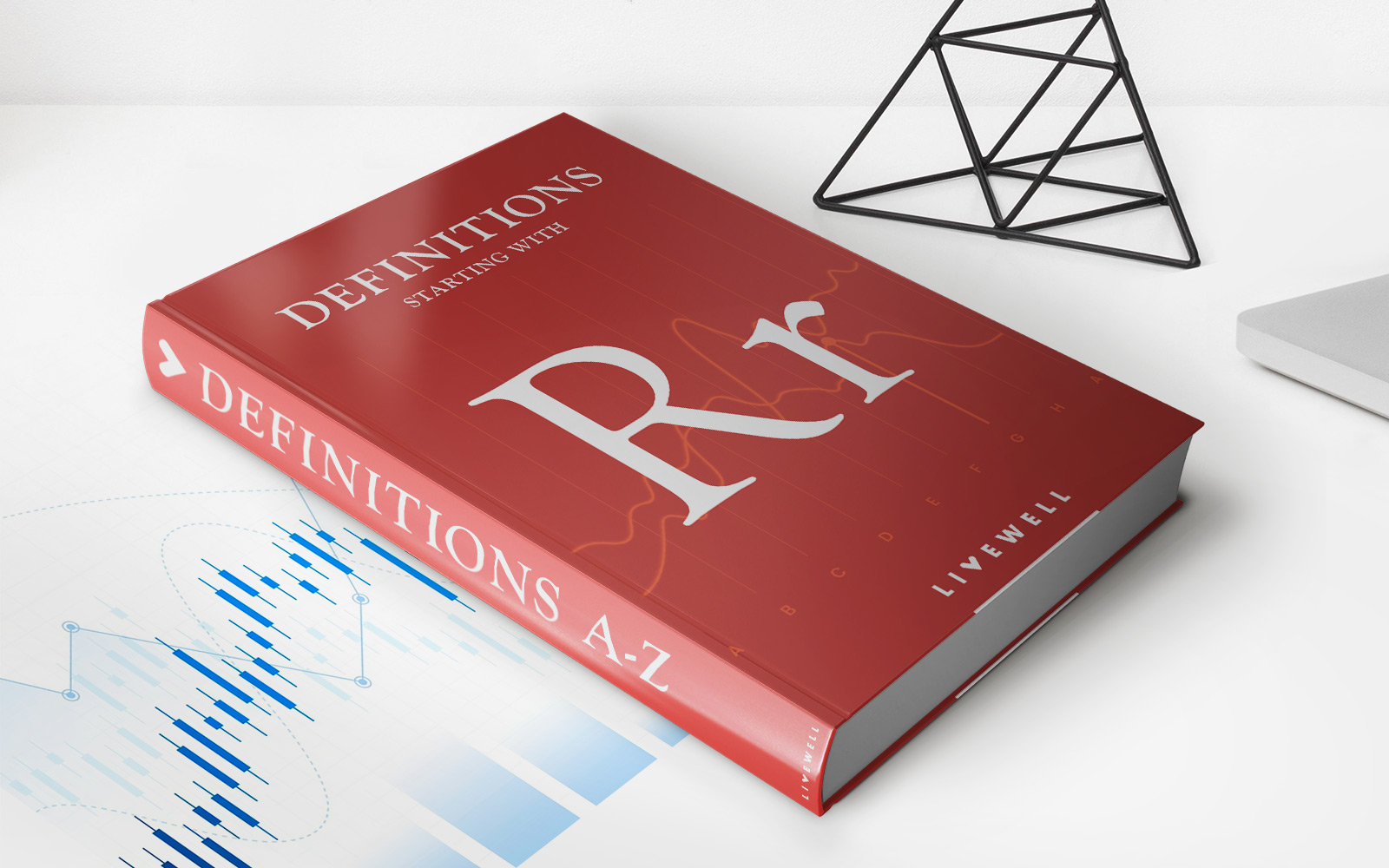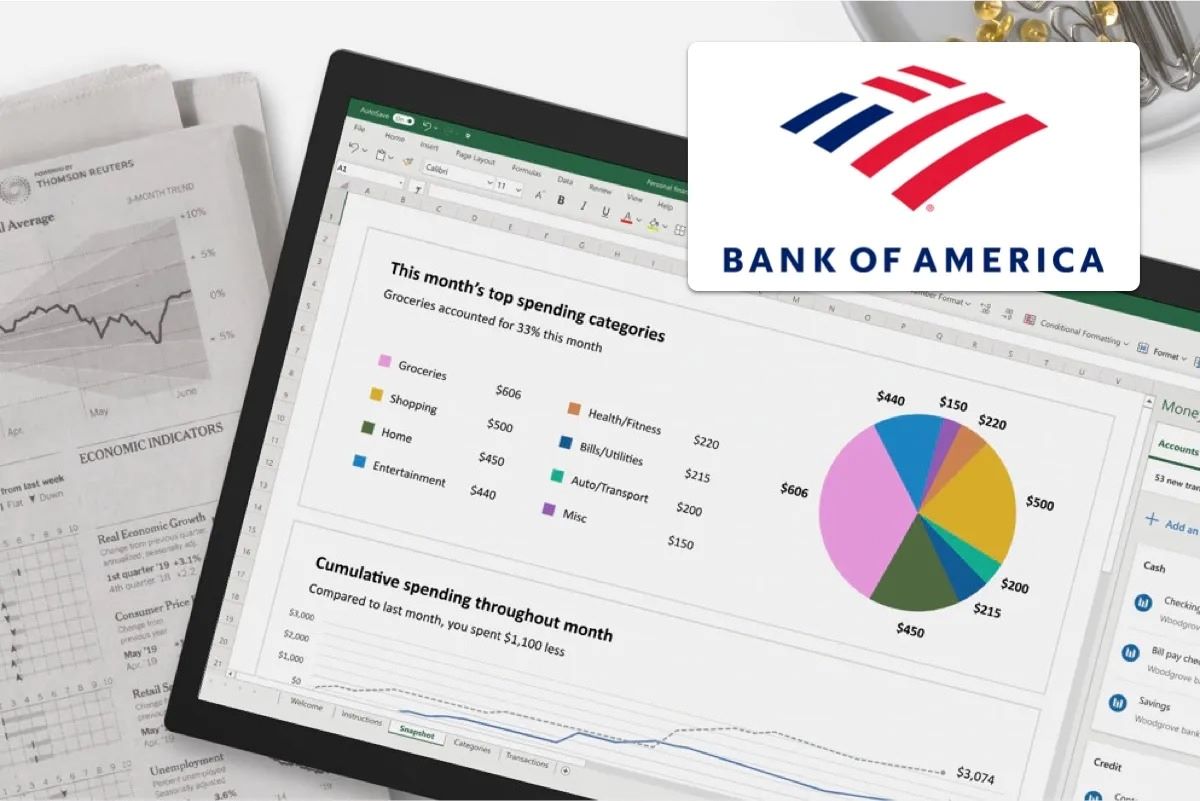Home>Finance>Bank Bill Swap Bid Rate (BBSY) Definition And How It’s Used


Finance
Bank Bill Swap Bid Rate (BBSY) Definition And How It’s Used
Published: October 13, 2023
Learn more about the Bank Bill Swap Bid Rate (BBSY), a key financial indicator in finance, and how it is utilized in various industries.
(Many of the links in this article redirect to a specific reviewed product. Your purchase of these products through affiliate links helps to generate commission for LiveWell, at no extra cost. Learn more)
Bank Bill Swap Bid Rate (BBSY) Definition and How It’s Used
Welcome to the Finance category of our blog! In this post, we’ll dive into the world of Bank Bill Swap Bid Rate (BBSY) and explore its definition and how it’s used in the financial industry. If you’ve ever wondered what BBSY is and why it matters, you’ve come to the right place. So let’s get started!
Key Takeaways:
- The Bank Bill Swap Bid Rate (BBSY) is a benchmark interest rate
- BBSY is used for pricing and valuing various financial products, such as bonds and loans
Now that we have the key takeaways covered, let’s dig deeper into the definition and significance of BBSY. In simple terms, BBSY represents the average interest rate at which Australian banks are willing to bid for bank bills. It is a critical benchmark rate that influences the pricing and valuation of various financial instruments.
The BBSY is calculated based on the rates submitted by a panel of banks, known as bank bill market makers. These banks provide their daily rates for different maturities, which are then used to determine the BBSY fixings. The fixings for each maturity are published daily and act as a reference point for pricing financial products.
Now you might be wondering, where is BBSY used? Well, its primary application lies in the valuation and pricing of financial instruments. Here are a few areas where BBSY is commonly utilized:
- Loans: BBSY is used as a reference rate for floating rate loans. The interest rate on these loans is often calculated as BBSY plus a predetermined margin.
- Bonds: BBSY serves as a benchmark for pricing and valuing short-term debt securities, including government and corporate bonds.
- Derivatives: BBSY is used as a reference rate for pricing interest rate swaps, futures contracts, and other interest rate-related derivatives.
By using BBSY as a reference rate, market participants can accurately assess the prevailing interest rate environment and make informed decisions regarding the pricing and valuation of financial products.
In conclusion, Bank Bill Swap Bid Rate (BBSY) is a crucial benchmark interest rate used in the financial industry. Its calculation is based on rates submitted by a panel of banks and is used for pricing and valuing various financial instruments, including loans, bonds, and derivatives. Understanding BBSY is essential for anyone involved in the finance industry, as it provides valuable insights into the prevailing interest rate environment and helps inform decision-making.
Thank you for joining us in exploring the world of BBSY. We hope this post has shed light on its definition and significance. Stay tuned for more informative content related to finance in the future!














